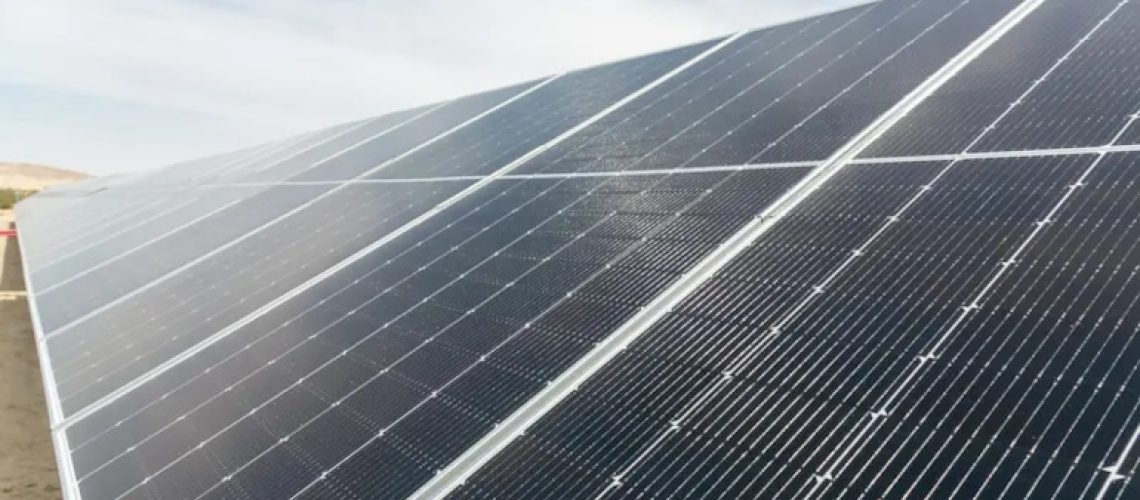In an eight-year agreement with Microsoft, Qcells will supply 12 GW of modules along with EPC services.
The expanded agreement with Qcells makes Microsoft one of the world’s largest purchasers of renewable energy. Qcells agreed to supply Microsoft with 12 GW of solar modules and EPC services over an 8-year period. This expands the 2.5 GW module and EPC agreement reached a year ago.
Qcells, a global provider of complete clean energy solutions, announced an eight-year strategic alliance with Microsoft Corp., a global technology company. Microsoft has a goal of meeting all of its energy needs with renewable energy, and plans to be carbon negative, water positive and zero waste by 2030.
Through what is Qcells’ largest module and EPC agreement to date, the two companies intend to bring an estimated 1.5 GW of solar panels a year to projects Microsoft has contracted through 2032. This is estimated to be enough to power more than 1.8 million homes a year.
“We are pleased to be a part of such a substantial commitment that will accelerate the global shift to renewable energy solutions. Qcells is uniquely positioned to ally with Microsoft towards creating a clean, sustainable future because of our investment in building an American-made solar supply chain,” said Justin Lee, CEO of Qcells.
The domestically produced solar modules will be supplied by Qcells’ factory in Cartersville, Georgia, which is part of Qcells’ announcement that it would invest more than $2.5 billion to build a complete solar supply chain in the U.S.. Considered the largest investment in U.S. solar history, it also made QCells, a subsidiary of Hanwha Solutions, the first company to establish a fully integrated silicon-based solar supply chain in the U.S. Qcells said it intends to manufacture 3.3 GW of solar ingots, wafers, cells and finished modules in the Cartersville facility.
By 2024, between its Dalton and Cartersville facilities, Qcells anticipates its solar production capacity will reach 8.4 GW a year,
“Our expanded agreement with Qcells is designed to drive large-scale domestic production of solar modules essential to advancing a resilient U.S. supply chain and clean energy economy,” said Bobby Hollis, vice president, energy, Microsoft. “Through long-term agreements like this we are signaling Microsoft’s demand and bringing more renewable energy to the grid, faster.”
The modules produced in the Cartersville facility will soon be manufactured with polysilicon produced by REC Silicon in Moses Lake, Washington. Qcells parent company, Hanwha Solutions, announced that it was investing more than $200 million to reopen the dormant polysilicon factory to serve the needs of the U.S. solar supply chain. The Moses Lake facility is expected to be completed by the end of this year.



